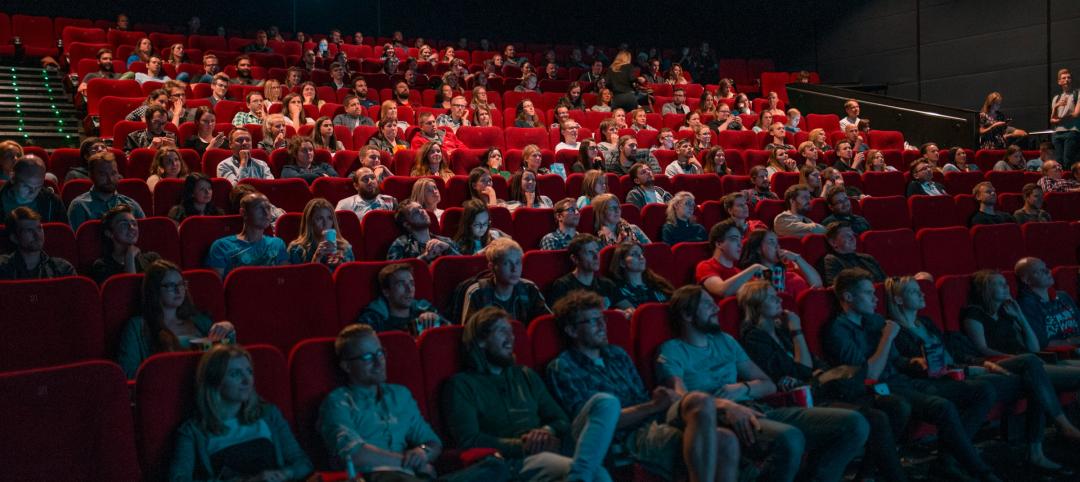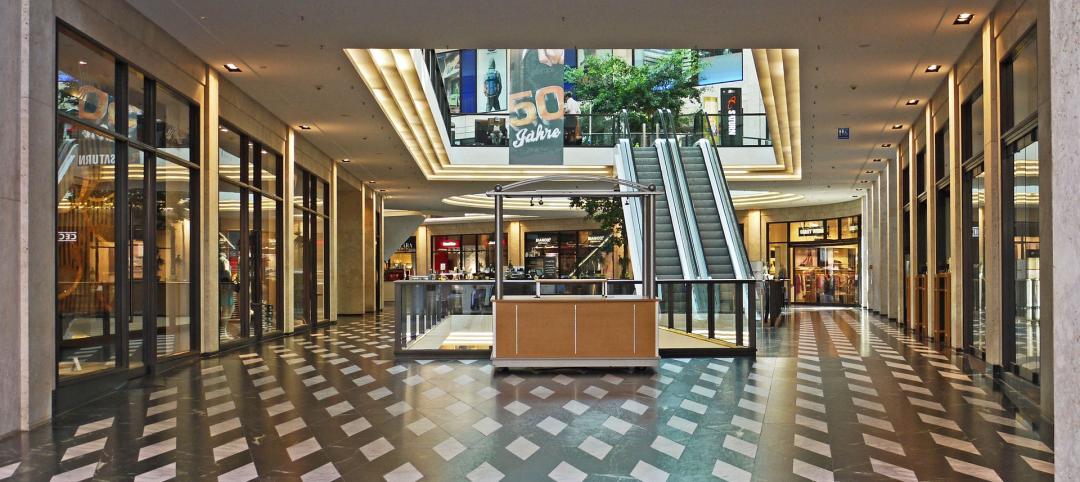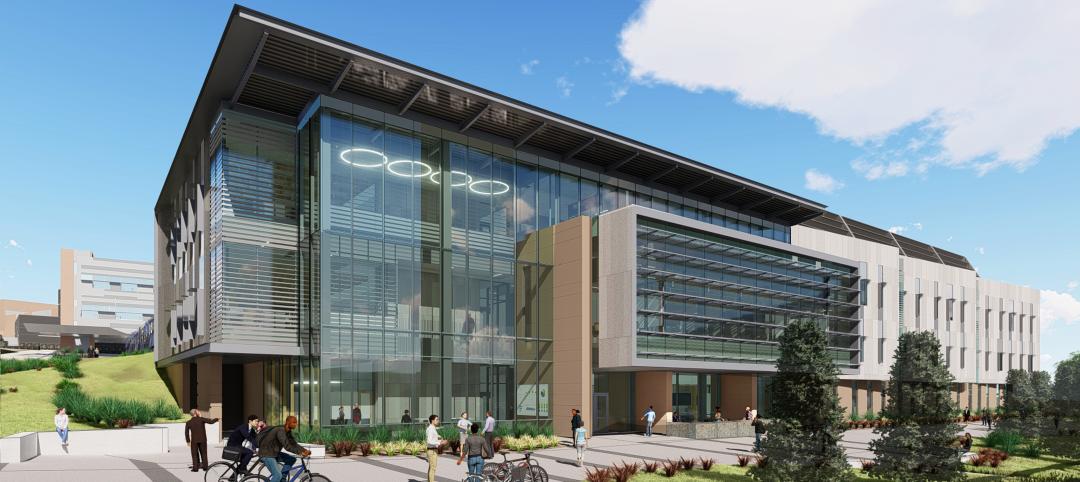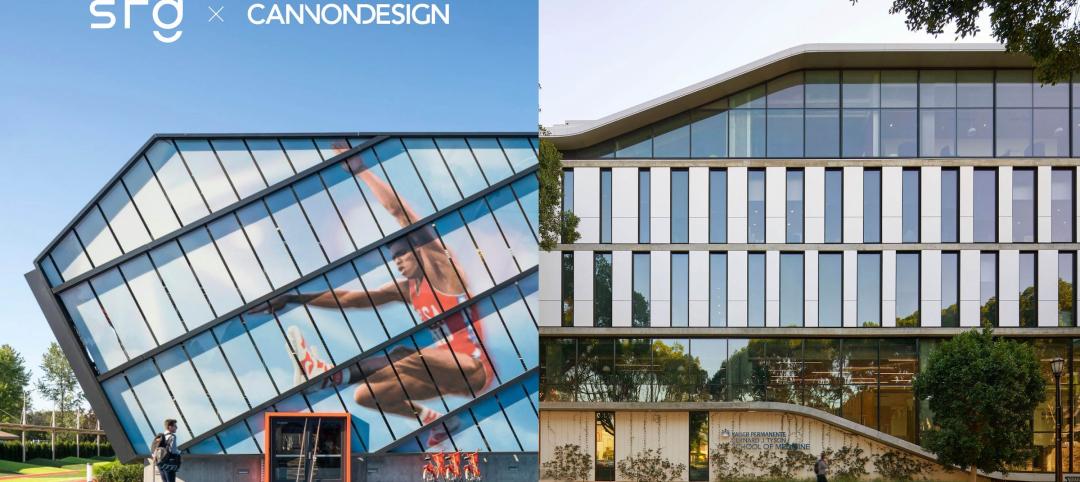To keep pace with the tsunami of Internet ones and zeroes, businesses are investing heavily in data centers, deploying new applications, embracing cloud storage, and renovating out-of-date facilities.
TOP 30 DATA CENTER ARCHITECTURE FIRMS
Rank, Firm, 2015 Revenue
1. Gensler $34,240,000
2. Corgan $32,400,000
3. HDR $15,740,000
4. Page $14,100,000
5. CallisonRTKL $6,102,000
6. RS&H $5,400,000
7. Clark Nexsen $3,105,999
8. HOK $2,535,000
9. DLR Group $1,600,000
10. Stantec $1,575,034
TOP 40 DATA CENTER CONSTRUCTION FIRMS
Rank, Firm, 2015 Revenue
1. Whiting-Turner Contracting Co., The $1,083,554,383
2. Holder Construction Co. $730,000,000
3. DPR Construction $486,876,000
4. Turner Construction Co. $474,216,912
5. Structure Tone $410,600,000
6. JE Dunn Construction $405,159,678
7. AECOM $294,660,000
8. Fortis Construction $271,709,620
9. Fluor Corp. $238,760,000
10. Gilbane Building Co. $227,161,000
TOP 50 DATA CENTER ENGINEERING FIRMS
Rank, Firm, 2015 Revenue
1. Vanderweil Engineers $41,247,200
2. Jacobs $40,110,000
3. Syska Hennessy Group $38,578,562
4. Environmental Systems Design $14,670,507
5. Highland Associates $9,100,000
6. Dewberry $8,997,875
7. Newcomb & Boyd $4,683,201
8. Ghafari Associates $4,000,000
9. Arup $3,727,928
10. Glumac $2,971,198
The need to bring new capacity online as quickly as possible is motivating individual business enterprises and co-location facilities to embrace streamlined design and delivery approaches.
“Almost all our recent data center projects have involved either a design-build or integrated delivery method to get contractors on board and moving even before the full design is finalized,” says Andy Baxter, PE, Principal of Science + Technology at Page.
A new 80-MW data center campus under construction in Garland, Texas, reflects this approach. RagingWire, a provider of co-location services, is acting as owner and contractor on the project, which encompasses five 200,000-sf buildings. The facilities have been designed so they can be replicated in other U.S. locations with only minor tweaks.
The growing availability of offsite facilities and cloud-based solutions has opened up new options for large businesses to manage their data.
“More enterprises are using a hybrid approach, which means they are comfortable outsourcing their less critical applications, but they want to control core business applications in their own facility,” says Hal Adams, AIA, LEED AP, Vice President and Regional Manager at Carlson Walbridge.
Businesses choosing to manage their own facilities are taking cues from co-location/wholesale developers to control costs. “This entails building a more flexible and scalable solution that can adjust to changing requirements over the building’s lifetime,” Adams says.
Because today’s resilient networks and software can deliver a much higher degree of reliability than in the past, highly redundant and capital-intensive Tier III and Tier IV data centers are gradually being replaced by simpler, lower-cost Tier II facilities.
“Clients now make more informed decisions about how much reliability they really need,” says Page’s Baxter. “They are no longer building one-size-fits-all facilities and are opting instead to have varying levels of reliability within the same facility. As a result, more data centers are now designed with traditional MEP systems for a lower cost.”
KEEPING EveryTHING cool and EFFICIENT
Major improvements in IT hardware are giving AEC innovators the opportunity to develop more-efficient ways to power and extract heat from equipment.
Increasingly efficient mechanical systems continue to reduce power usage effectiveness, or PUE, lowering electricity operating costs. The use of novel cooling systems, notably centrifugal chillers and indirect evaporative cooling (known as “IDEC”), can save energy costs over compressors and other air-based systems. But these water-based solutions face heightened scrutiny as resource concerns continue to intensify.
“There is a love-hate relationship that is developing with evaporative cooling,” says Brian George, AIA, Principal at Corgan. “The consumption of water is becoming increasingly problematic in some areas because of quality and availability issues.” Climate issues will only intensify these concerns.
Innovative cooling strategies are being pioneered at a new 100,000-sf data center under construction by Infomart Data Centers outside Portland, Ore. When it comes online later this year, the facility will serve as the new West Coast data center for LinkedIn, whose storage and processing needs have shot up 34% in the past year.
DPR Construction worked with the equipment manufacturer to develop a customized cooling system to accommodate IT rack payloads that will fluctuate from 3 kW to more than 30 kW on a daily basis.
“Our team and partners evaluated rack-based solutions that allow for just-in-time delivery, installation, and connection with existing cooling sources,” says DPR’s David Ibarra, Advanced Technology/Mission Critical Market Co-Leader. He says his team’s goal was to not only successfully install hundreds of these cooling systems, but also to “flawlessly test” each of them as they were installed to avoid any impacts on the schedule.
GROWTH AT THE EDGE
The demand for new data centers located closer to end users is also on the rise.
“By bringing data closer to the consumer, edge data centers are looking to eliminate network latency or performance issues,” says Richard Green, Director, Mission Critical Group, JE Dunn Construction. Green says this pattern is fueling data center growth outside of core connection hubs like the New York City region and Silicon Valley.
Content providers may still operate large data centers in major regional markets, but many also have edge data centers in smaller regional markets, plus micro data centers in other locations.
“This means we are now pursuing work with clients all over the country instead of just in specific regions,” says Page’s Baxter. “These facilities are much more compact, repeatable, and cost efficient, sometimes as small as a single rack.”
Looking ahead, new accounting rules that are expected to be enacted by the Financial Accounting Standards Board at the end of the year may reshape the balance of data center ownership. “These changes will treat most sale/leaseback arrangements very similarly to owned assets, which may result in more enterprise users choosing to build their own facilities,” says Corgan’s George.
RETURN TO THE GIANTS 300 LANDING PAGE
Related Stories
Giants 400 | Feb 5, 2024
Top 30 Entertainment Center, Cineplex, and Theme Park Architecture Firms for 2023
Gensler, JLL, Nelson Worldwide, AO, and Stantec top BD+C's ranking of the nation's largest entertainment center, cineplex, and theme park architecture and architecture engineering (AE) firms for 2023, as reported in the 2023 Giants 400 Report.
Urban Planning | Feb 5, 2024
Lessons learned from 70 years of building cities
As Sasaki looks back on 70 years of practice, we’re also looking to the future of cities. While we can’t predict what will be, we do know the needs of cities are as diverse as their scale, climate, economy, governance, and culture.
Giants 400 | Feb 5, 2024
Top 90 Shopping Mall, Big Box Store, and Strip Center Architecture Firms for 2023
Gensler, Arcadis North America, Core States Group, WD Partners, and MBH Architects top BD+C's ranking of the nation's largest shopping mall, big box store, and strip center architecture and architecture engineering (AE) firms for 2023, as reported in the 2023 Giants 400 Report.
Laboratories | Feb 5, 2024
DOE selects design-build team for laboratory focused on clean energy innovation
JE Dunn Construction and SmithGroup will construct the 127,000-sf Energy Materials and Processing at Scale (EMAPS) clean energy laboratory in Colorado to create a direct path from lab-scale innovations to pilot-scale production.
Architects | Feb 2, 2024
SRG Partnership joins CannonDesign to form 1,300-person design giant across 18 offices
SRG Partnership, a dynamic architecture, interiors and planning firm with studios in Portland, Oregon, and Seattle, Washington, has joined CannonDesign. This merger represents not only a fusion of businesses but a powerhouse union of two firms committed to making a profound difference through design.
Giants 400 | Feb 1, 2024
Top 90 Restaurant Architecture Firms for 2023
Chipman Design Architecture, WD Partners, Greenberg Farrow, GPD Group, and Core States Group top BD+C's ranking of the nation's largest restaurant architecture and architecture engineering (AE) firms for 2023, as reported in the 2023 Giants 400 Report.
Standards | Feb 1, 2024
Prioritizing water quality with the WELL Building Standard
In this edition of Building WELLness, DC WELL Accredited Professionals Hannah Arthur and Alex Kircher highlight an important item of the WELL Building Standard: water.
Luxury Residential | Feb 1, 2024
Luxury 16-story condominium building opens in Chicago
The Chicago office of architecture firm Lamar Johnson Collaborative (LJC) yesterday announced the completion of Embry, a 58-unit luxury condominium building at 21 N. May St. in Chicago’s West Loop.
Industry Research | Jan 31, 2024
ASID identifies 11 design trends coming in 2024
The Trends Outlook Report by the American Society of Interior Designers (ASID) is the first of a three-part outlook series on interior design. This design trends report demonstrates the importance of connection and authenticity.
Museums | Jan 30, 2024
Meier Partners' South Korean museum seeks to create a harmonious relationship between art and nature
For the design of the newly completed Sorol Art Museum in Gangneung, South Korea, Meier Partners drew from Korean Confucianism to achieve a simplicity of form, material, and composition and a harmonious relationship with nature. The museum is scheduled to open on February 14. It is the firm’s first completed project since restructuring as Meier Partners.

















